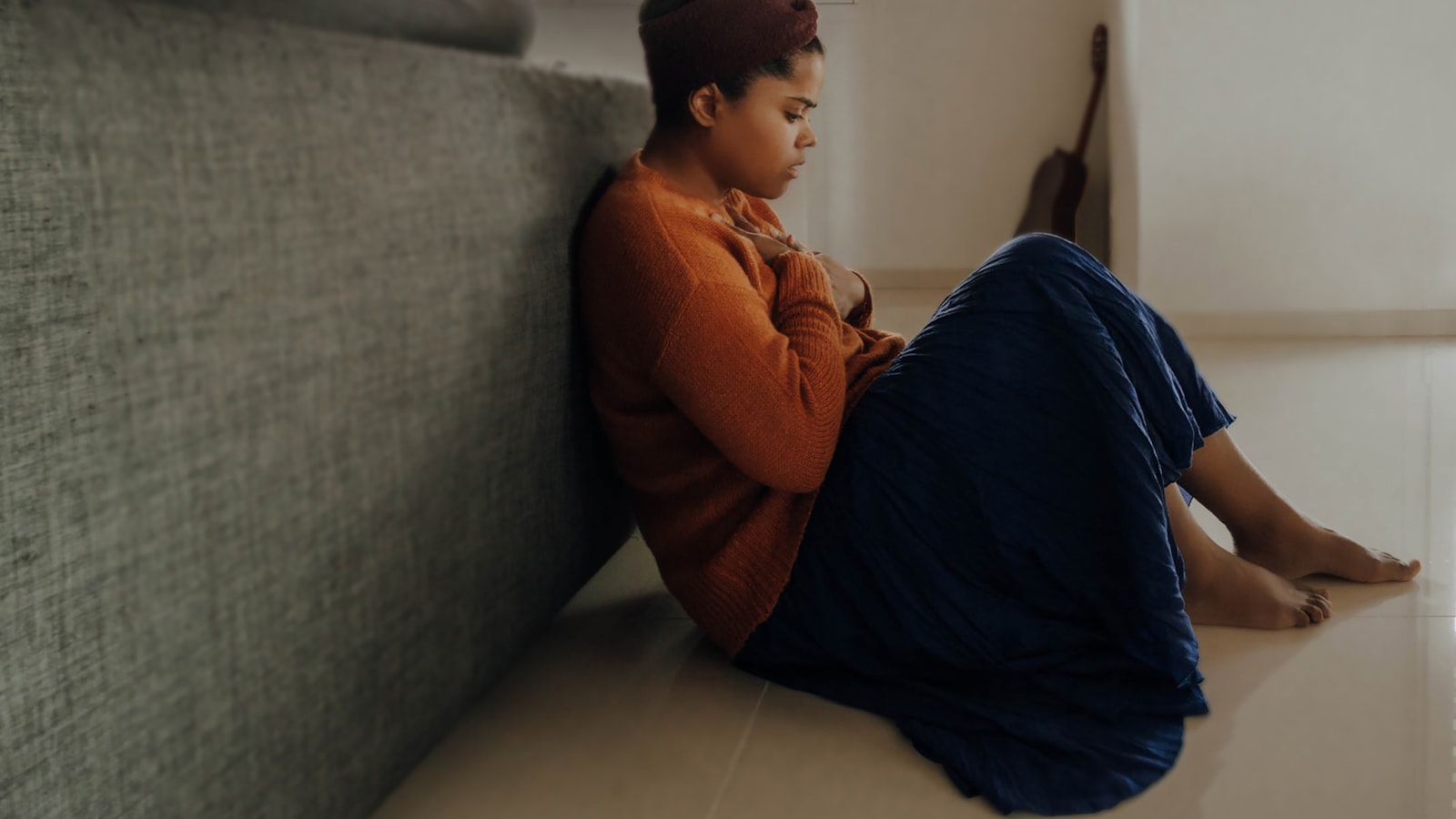
How to Help Someone With Anxiety
Anxiety is often unnoticeable. It’s a low-level hum, episodic, or both. If you are concerned about a loved one, it’s best to take the first step by learning about the symptoms of anxiety. To learn how to help someone with anxiety, you can also order the book Own Your Past, Change Your Future. It will give you the tools to intervene in the most productive way possible.
What Are The Signs Of Anxiety
Anxiety affects people in many different situations. When day-to-day worries and fears become overwhelming and interfere with everyday life, the symptoms of anxiety should be evaluated. Symptoms of anxiety include sleep disturbances, trouble concentrating, and GI problems. A general practitioner can help you identify these issues, as well as recommend treatments. If your symptoms persist, see a psychiatrist or a psychologist. Symptoms of anxiety include worrying about things that you have no control over.
The causes of anxiety are unknown. Anxiety may be caused by genetics, brain biology, or environmental factors. Common symptoms of anxiety disorder include difficulty controlling thoughts, restlessness, and tense feelings. Symptoms of anxiety disorder can interfere with a person’s ability to work, study, or live normally. Certain medicines and substances can exacerbate the symptoms of anxiety. A physical exam and lab tests may be required to confirm a diagnosis of anxiety disorder.
What Are The Symptoms Of Anxiety
If you suffer from anxiety, you may have noticed some physical signs. You may feel anxious in social situations or worry that others will notice your anxiety. You may also avoid certain situations out of fear. While you can’t diagnose anxiety with lab tests, your healthcare provider can run some tests to rule out physical causes of your symptoms. You will be asked about the intensity and duration of your symptoms, and how they interfere with your life. In some cases, your healthcare provider will perform behavioral tests or refer you to a specialist.
A person who suffers from anxiety may experience compulsions, which are repetitive thoughts. These compulsions can cause distress and interfere with their ability to function normally. People who experience obsessions may have trouble relaxing and can’t sleep. These conditions are often caused by traumatic events. While doctors do not know the cause of anxiety disorders, they do know that anxiety is often the first sign of physical illness. You may find it helpful to consider the types of anxiety disorders and how to diagnose them.
How To Support Somone With Anxiety
Understanding the cause of an individual’s anxiety is an important first step. While the individual will know that their fears are unfounded, they often do not feel capable of using logic to control them. In these situations, it is important to provide support, such as talking to the individual about their condition and suggesting healthy lifestyle changes. People with anxiety may have symptoms such as muscle tightness, sweating, or dry mouth. They may also experience overgeneralization and a feeling of impending doom.
Being patient with the person experiencing anxiety can help them feel safe and provide some relief. Talking about their anxiety with you can also help them explore the reasons behind their symptoms. However, make sure that you are not the one forcing the conversation. Instead, make it clear that you are interested in hearing the person’s perspective. Remember that your goal is not to solve their problem, but to offer support and empathy. In other words, you should listen intently.
How to talk to someone about Anxiety
If you have someone in your life who suffers from anxiety, you can help them feel less alone. There are many ways to support someone who is suffering from anxiety, from sharing coping strategies to spending time together in yoga class. However, it is important to be aware of the limits of how much support you can give someone, since 20 minutes of de-stressing conversation is likely to be more beneficial than two hours of endless talking.
When you understand that an individual’s anxiety is a symptom of a more serious problem, you can try to help them feel less alone. It is normal for anxiety to be a sign of a dwindling social life, so be aware of the ways in which this can impact your relationships. If you know someone who has anxiety, you can offer to help them find a therapist and provide a safe waiting room during the first visit. You should also remember that anxiety is treatable.
Encouraging the person to get help with their Anxiety
One way to encourage the person to get help with their anxiety is to listen to them. While it may be tempting to pressure them to do things, this can make the situation worse. Instead, encourage the person to focus on their breath and let the situation happen naturally. This will help them feel comfortable talking about the problem. However, it is important to keep in mind that a person who is experiencing anxiety needs support and not pity.
Another way to encourage someone with anxiety is to be aware of the different ways that the condition affects different people. You may not realize it, but anxiety is a psychological condition that’s designed to put people in a state of threat sensitivity. By understanding how people with anxiety behave, you can help them cope better. For example, they may act defensively and become irritable, or they may simply want someone to leave them alone.










